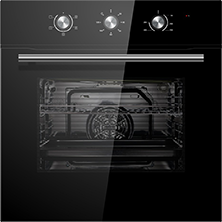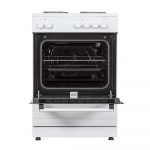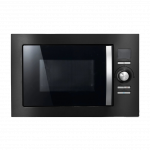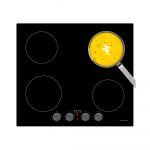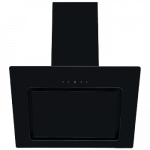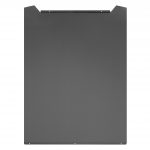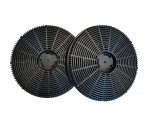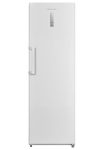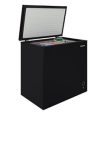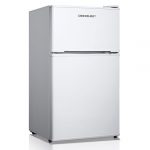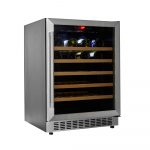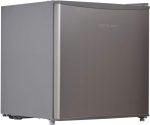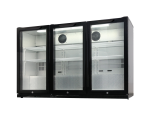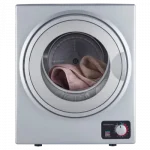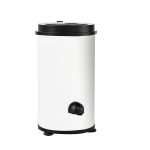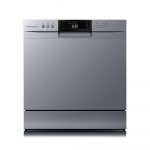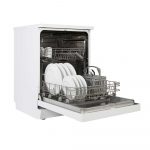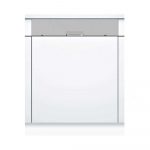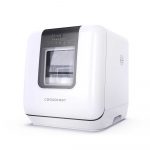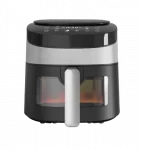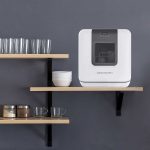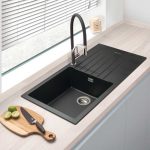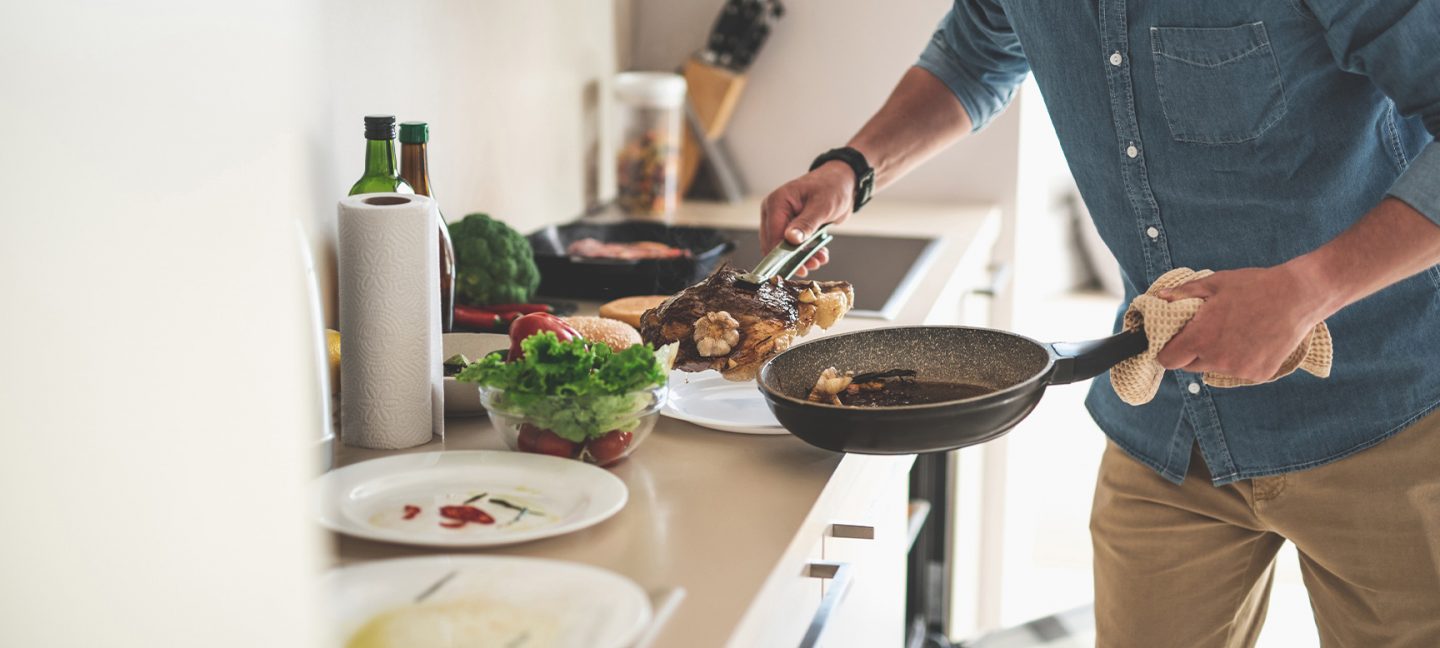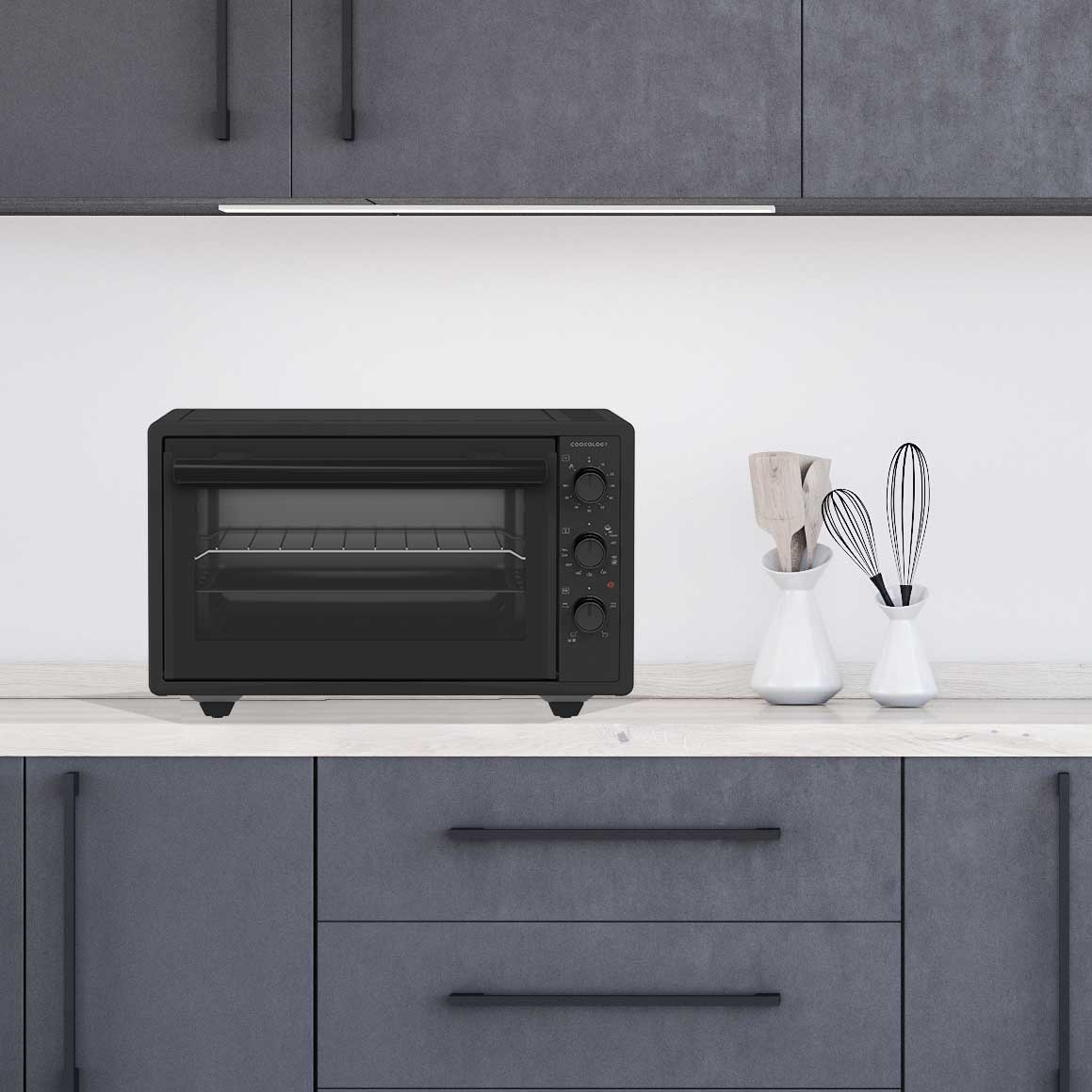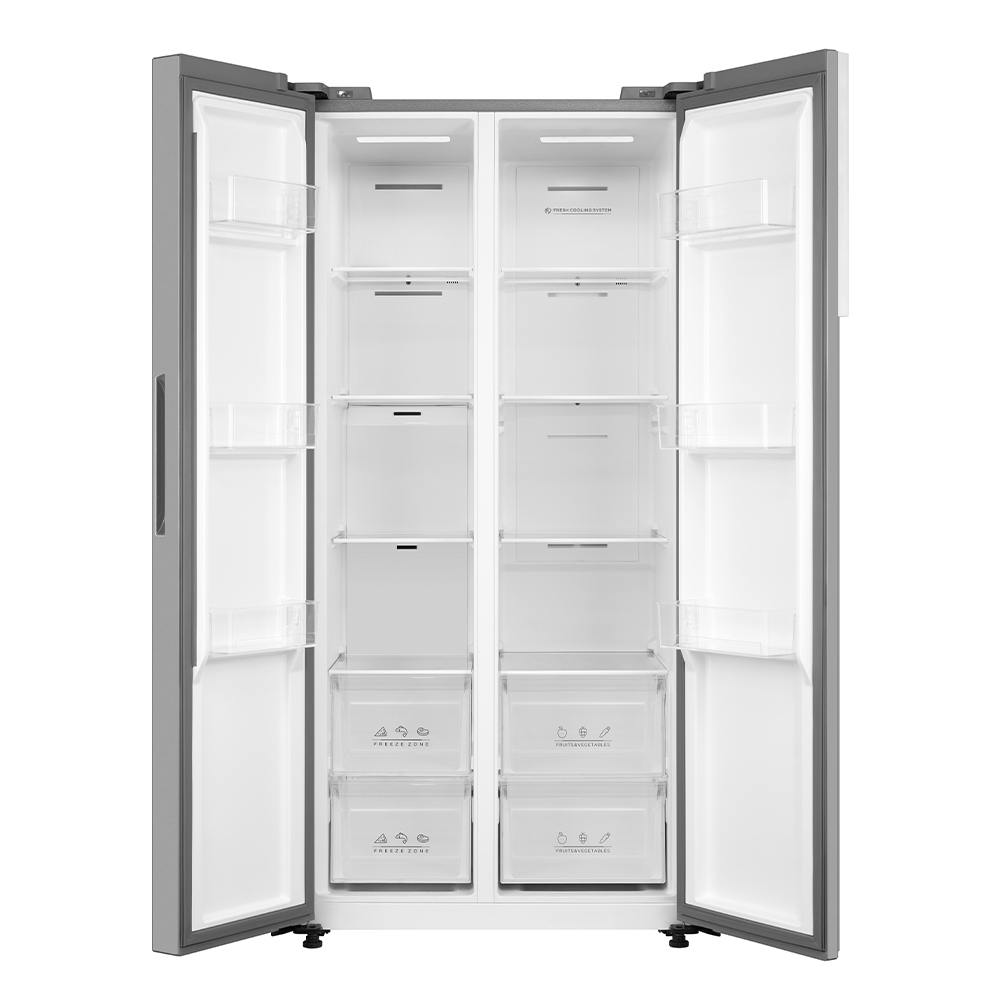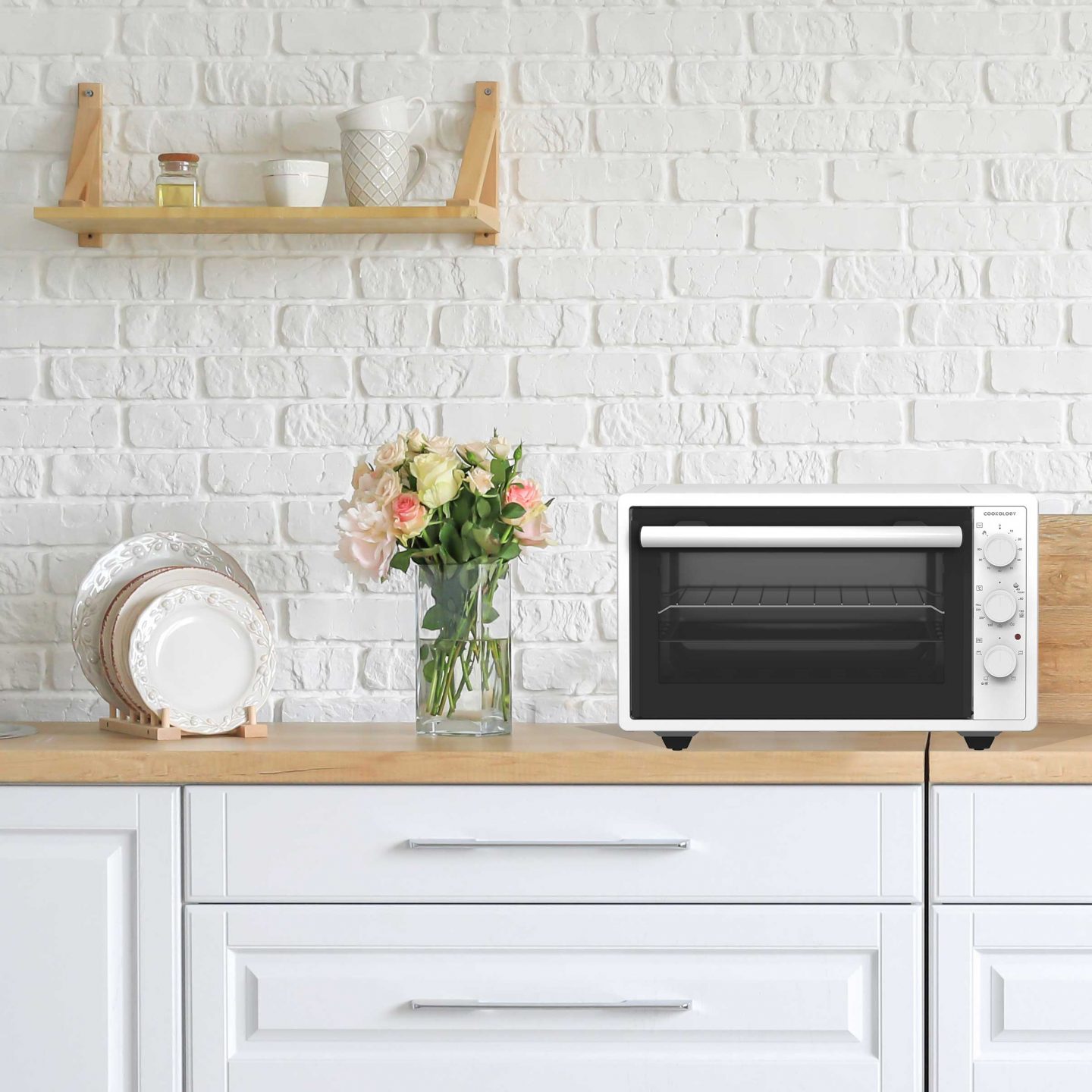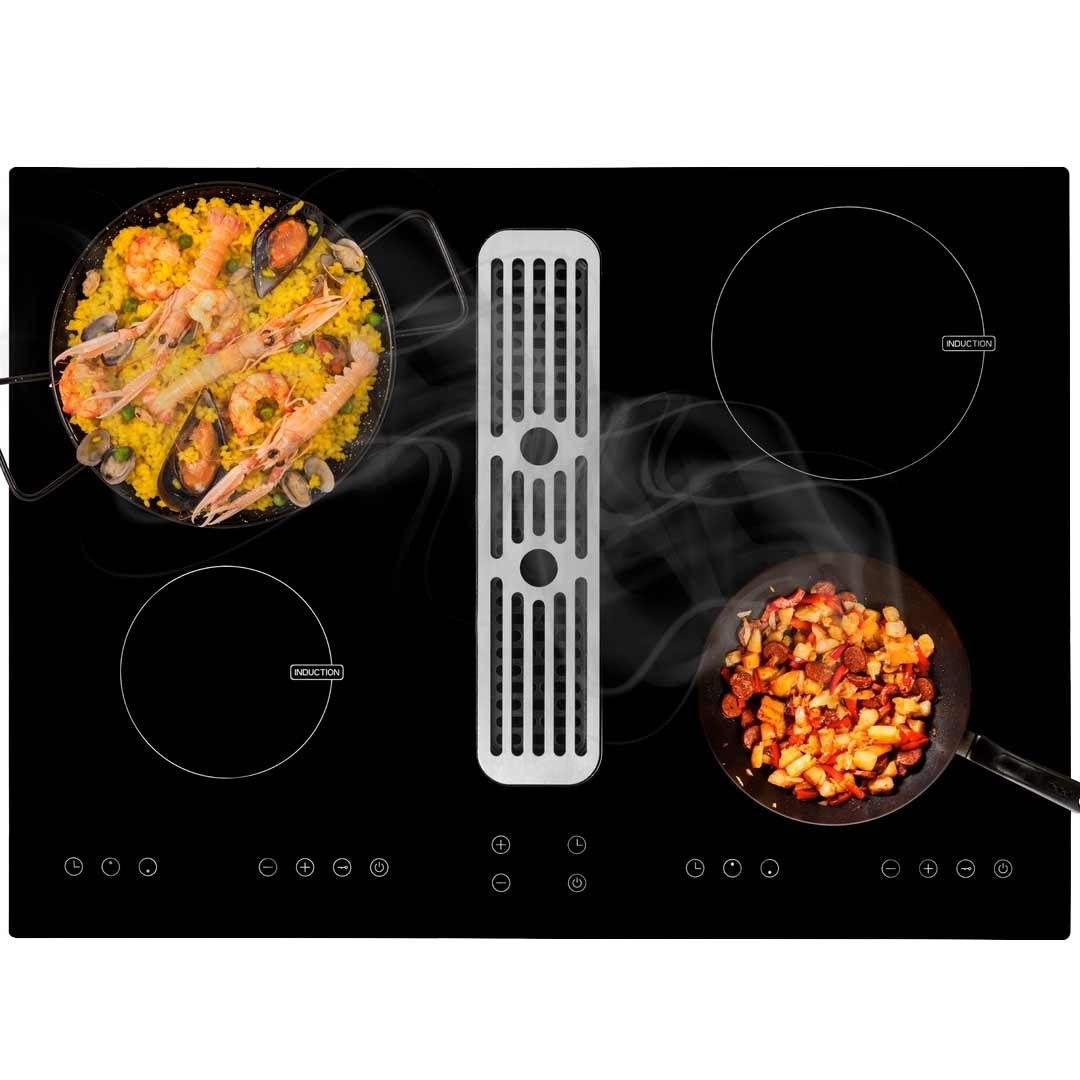When it comes to the kitchen – from cooking methods to ingredients and equipment – myths abound. But when it comes to your appliances, proper care and usage can make a significant difference in keeping them in peak condition and getting the most from them.
At Cookology, we pride ourselves on being experts in all things kitchen appliances. That’s why we’ve taken the time to debunk some of the most common kitchen myths, helping you separate fact from fiction once and for all.
Microwaves produce dangerous radiation
Microwaves often seem mysterious, after all it often feels like nobody really knows what goes on in there, and the myth that they produce dangerous radiation is one of the most relayed. While it’s true that microwaves use radiation, it’s non-ionising – meaning it doesn’t carry enough energy to damage your DNA or health. This type of radiation is entirely different from what you’d encounter in an X-ray. Plus, microwave ovens are designed with shielding to ensure all radiation stays safely inside the appliance. So, you can keep reheating your leftovers with peace of mind and not have to worry about the effects on your health.
Appliances last longer if they aren’t used
It might sound logical that using your appliances less often will prolong their lifespan. However, the opposite is often true. Appliances are built to be used regularly – and leaving them idle for long periods can actually lead to issues. Mechanical parts may seize up, seals may dry out, and dust can accumulate in components. While overuse without maintenance can wear appliances out, moderate, regular use helps keep everything running smoothly.
Dishwashers use more water than hand washing
Think you’re saving water by hand washing your dishes? Think again. Modern dishwashers – especially compact models – are designed to be water-efficient. A tabletop dishwasher, for instance, typically uses just 5–7 litres of water per cycle, which is significantly less than filling a standard washing-up bowl. Not only do dishwashers save water, but they can also be more hygienic and convenient. So, if you’re short on space or looking to reduce your water usage, a mini dishwasher is a smart choice.
Should you defrost freezer products on the counter?
To put it bluntly, no. Many people use their worktops to defrost food, which makes sense as food being taken out of the freezer and placed in a warmer temperature will naturally defrost slightly quicker. Leaving frozen food to defrost on the counter may seem quick and convenient, but it can be risky. The temperature “danger zone” – between 5°C and 60°C – is where bacteria can multiply rapidly, increasing the risk of foodborne illness. To defrost food safely, it’s best to plan ahead and let it thaw slowly in the fridge. This keeps the food at a safe temperature and reduces the risk of harmful bacteria developing.
These are just a few of the kitchen myths that are worth debunking to help you make smarter choices in the heart of your home. Investing in quality appliances – and taking proper care of them – is a simple but powerful way to elevate your kitchen experience.
Our range of appliances ranges from built-in ovens and freestanding dishwashers to compact and convenient table top appliances.
